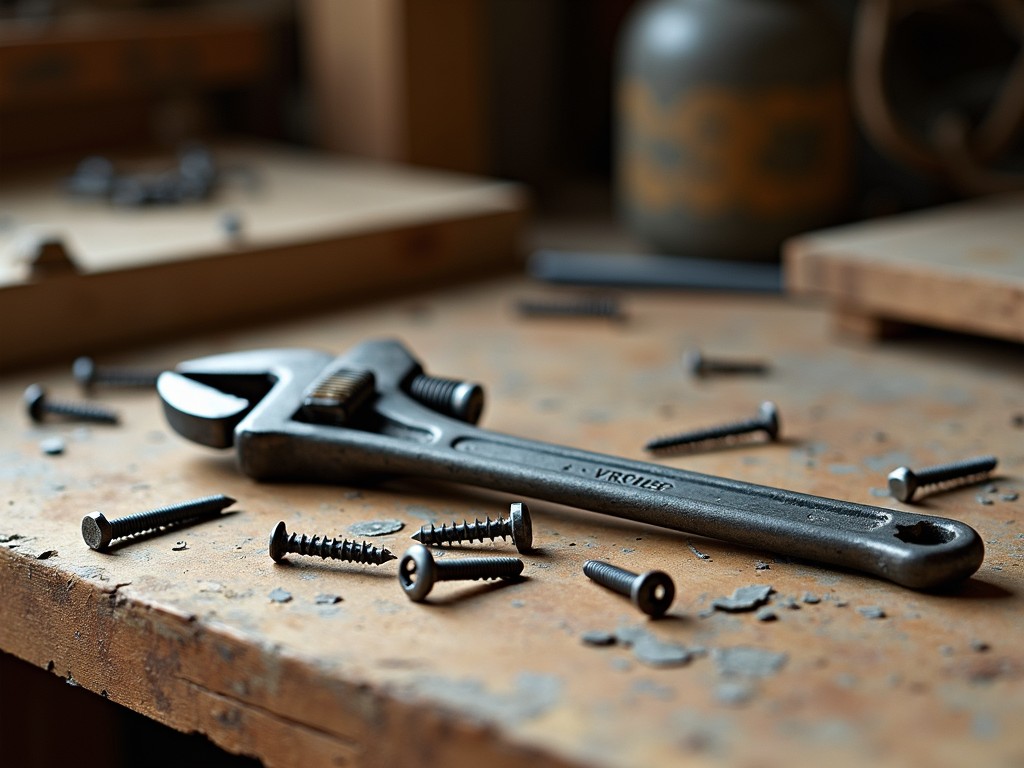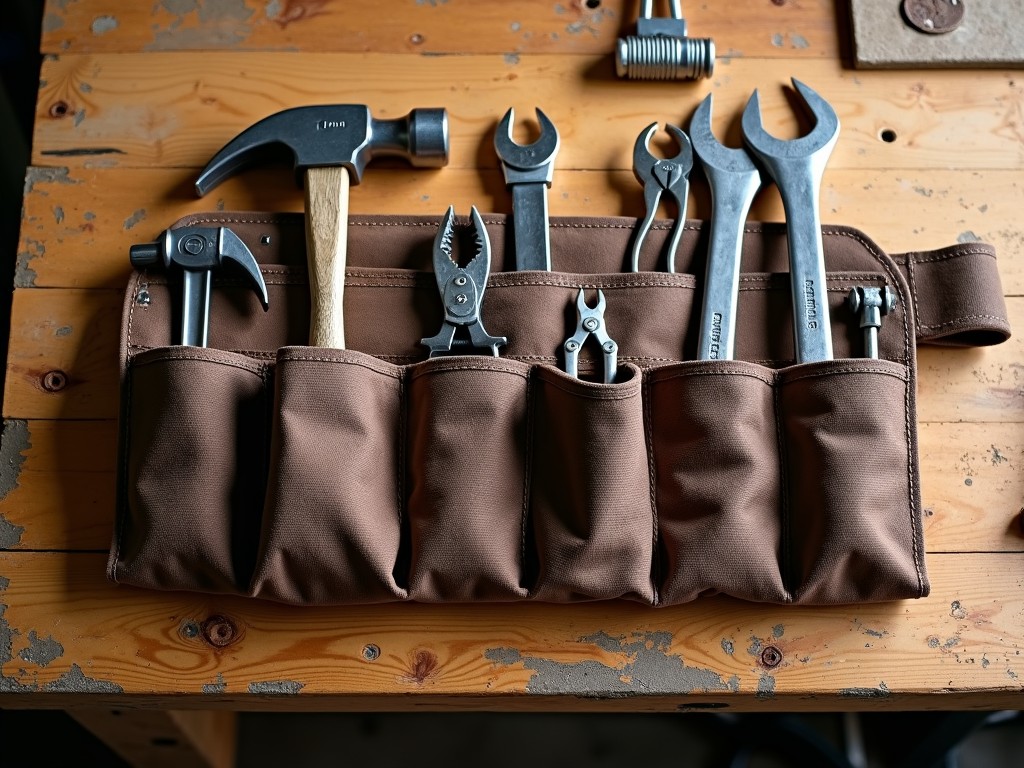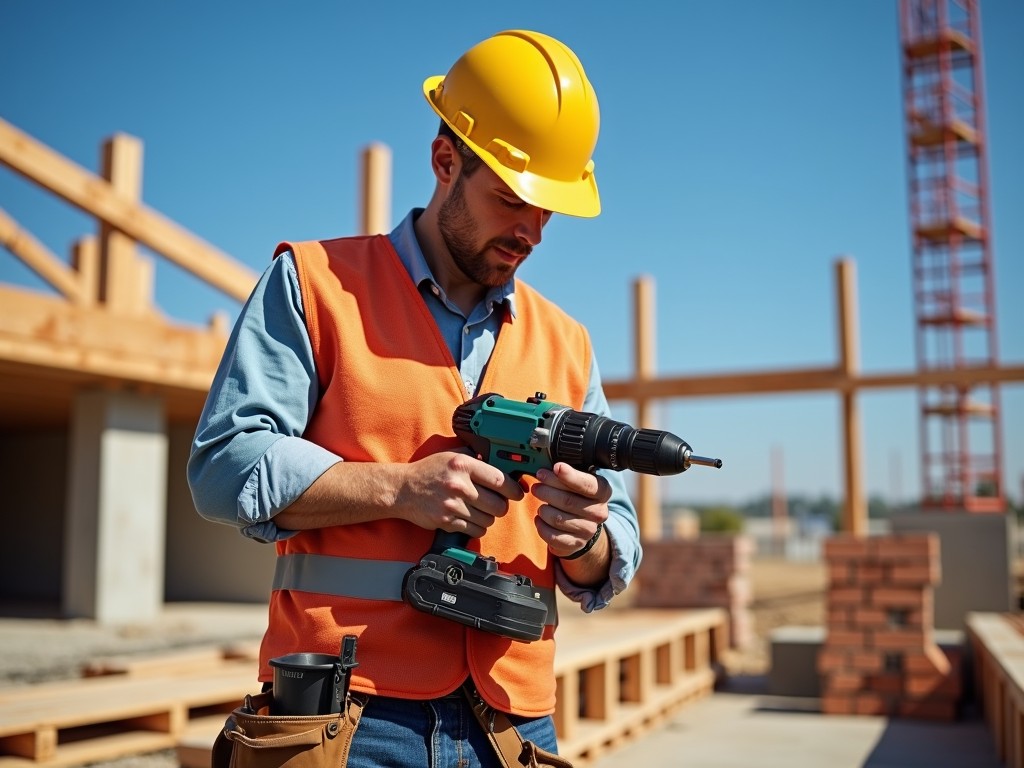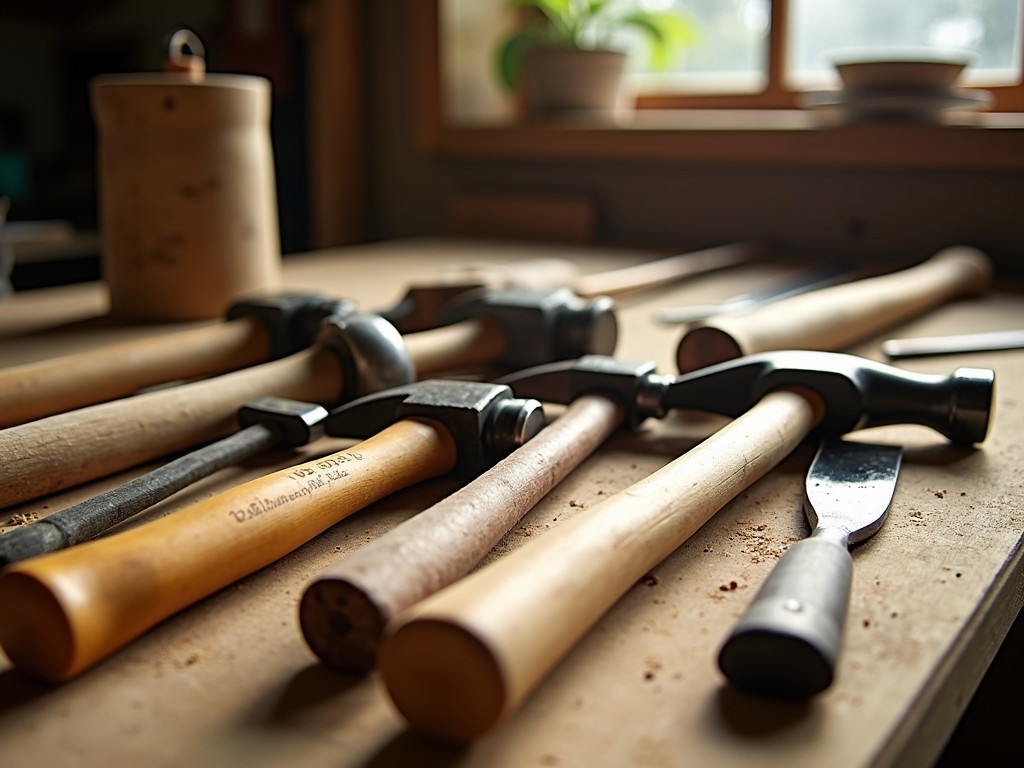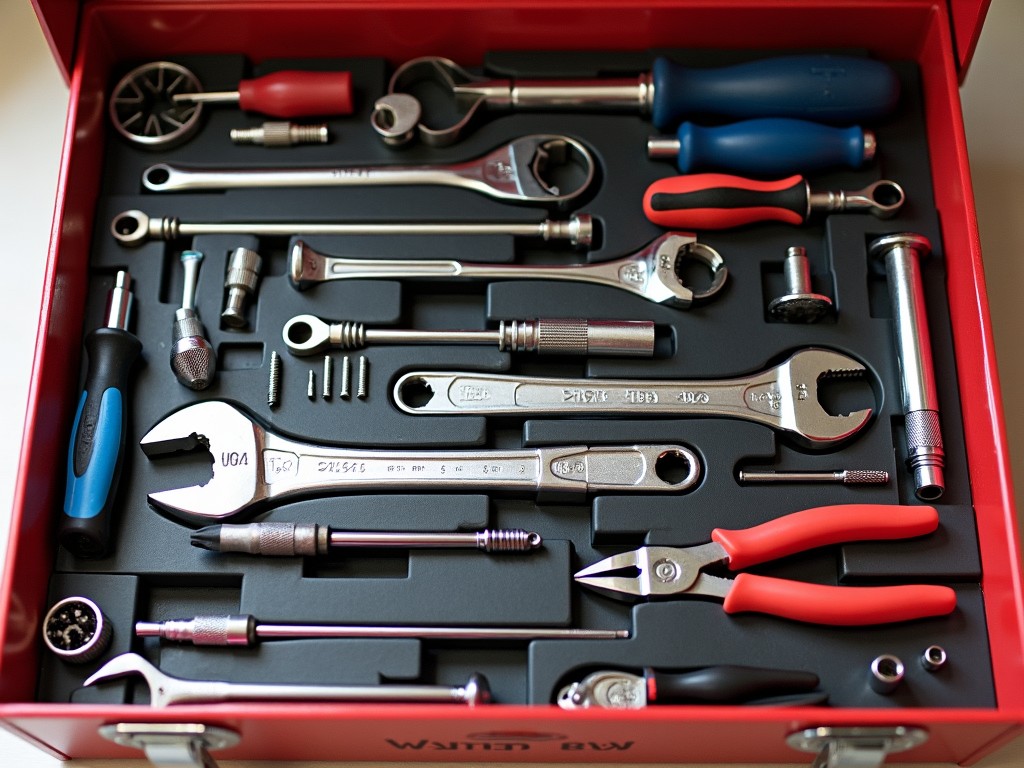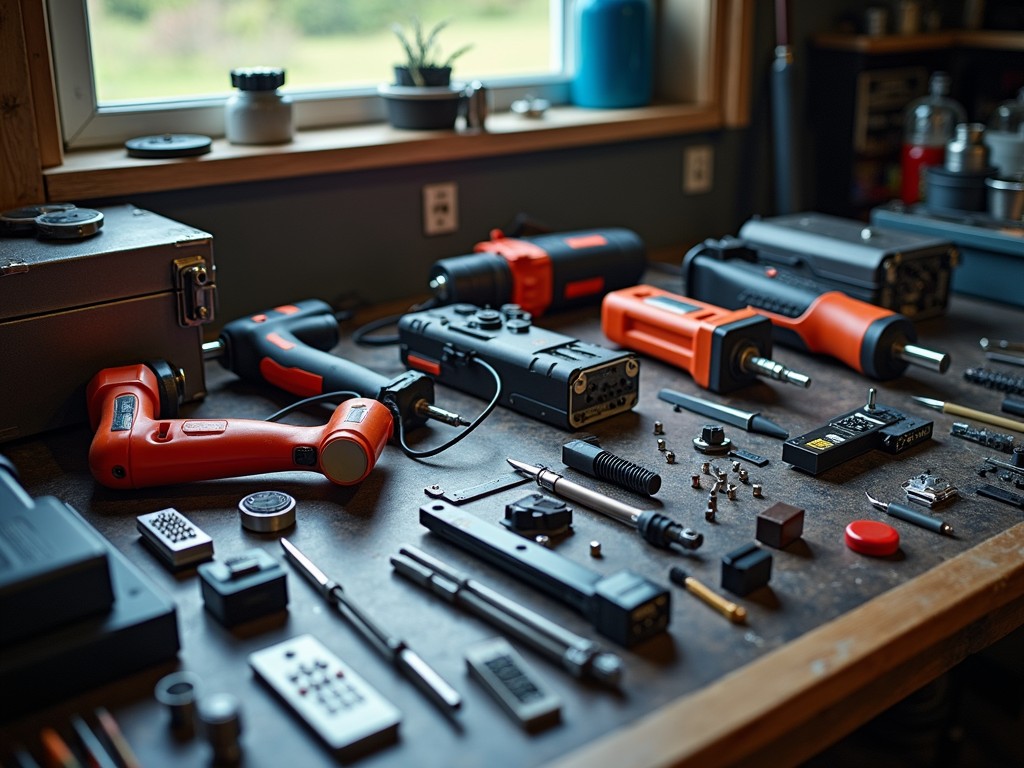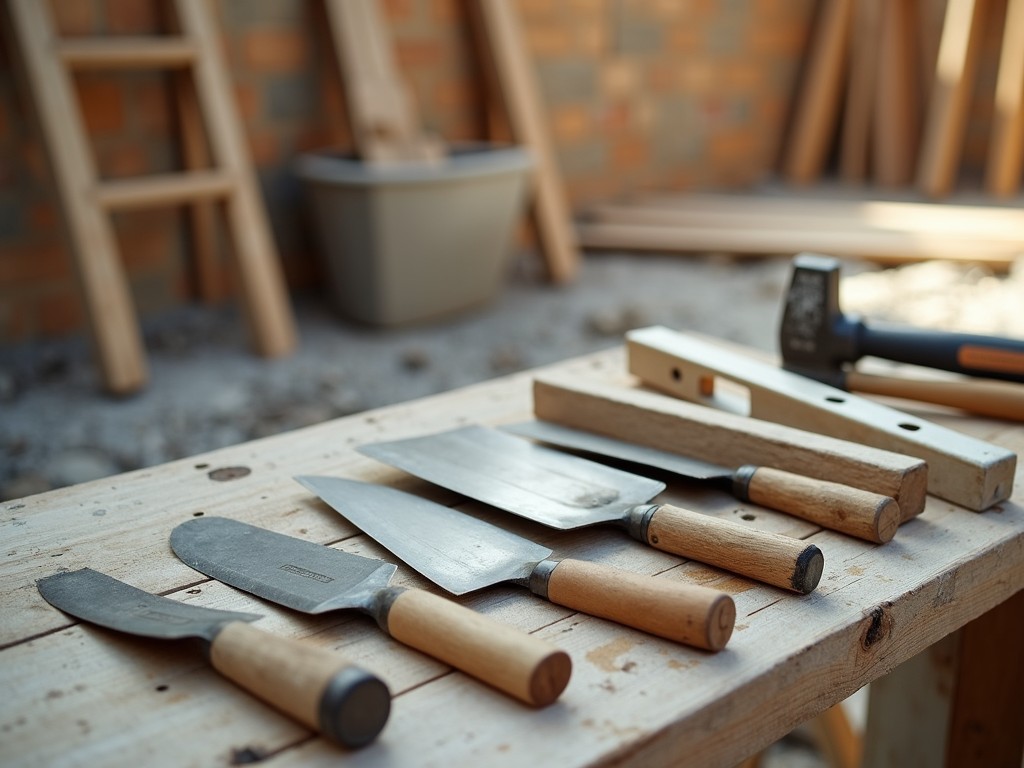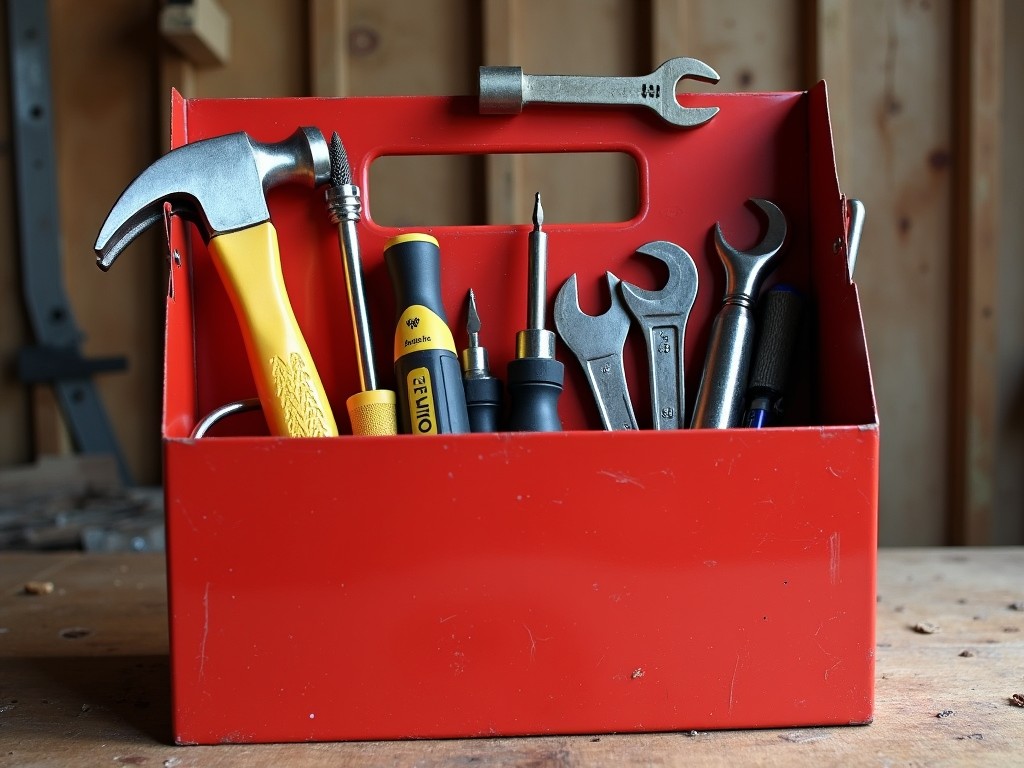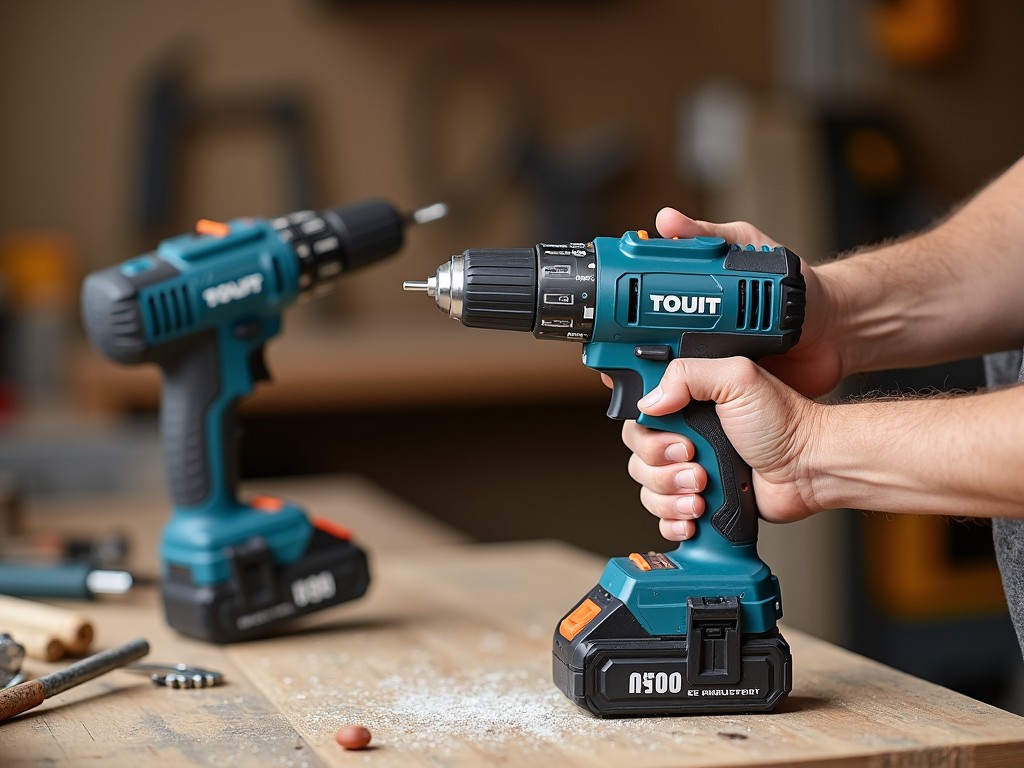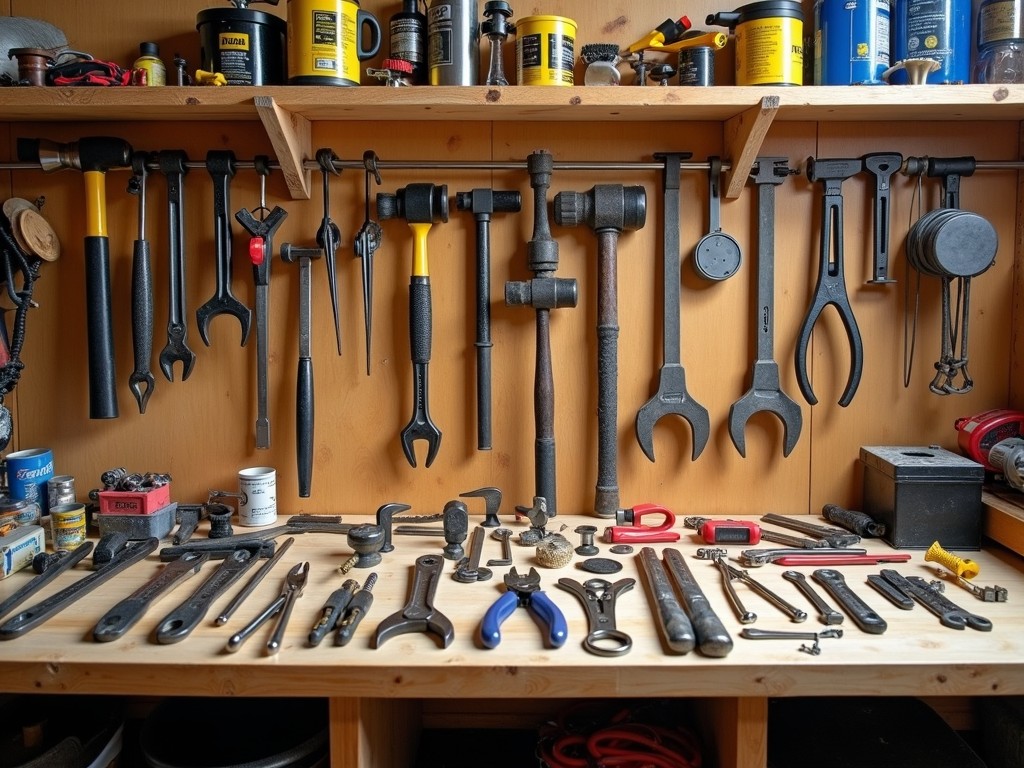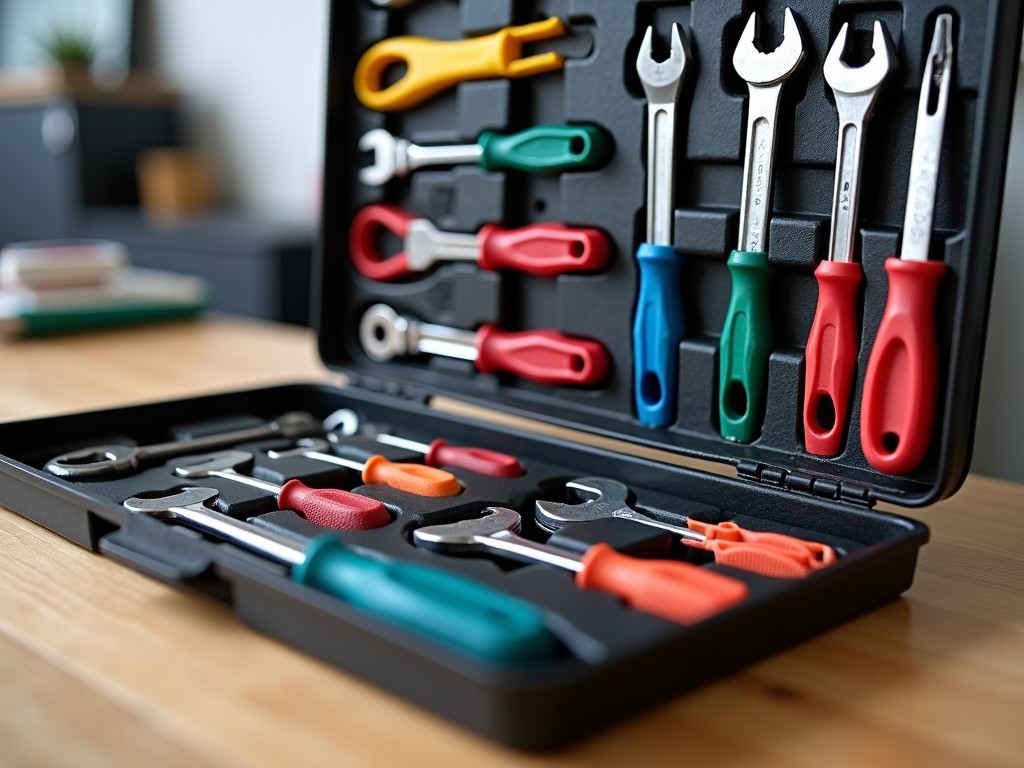Introduction: Gripping Success with the Right Wrench
When it comes to fastening or loosening bolts, having the right type of wrench for different jobs can make all the difference. Understanding which wrench to use not only saves time but also ensures safety and efficiency in your work.
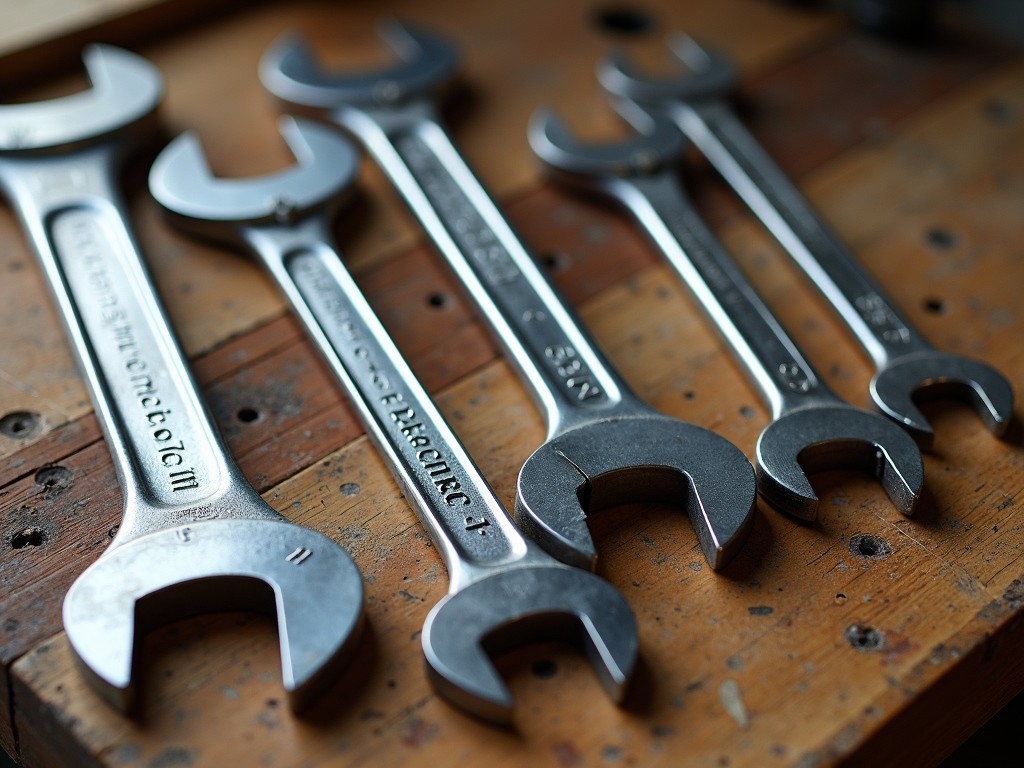
Common Types of Wrenches and Their Uses
1. Adjustable Wrenches
Adjustable wrenches are incredibly versatile. They're designed with a movable jaw that caters to various bolt sizes. If you're a general handyman or DIY enthusiast, this is often your go-to tool. However, beware of the potential to overtighten nuts as they lack precision.
- Pros: Versatile, accessible
- Cons: Less precise, can round bolt heads
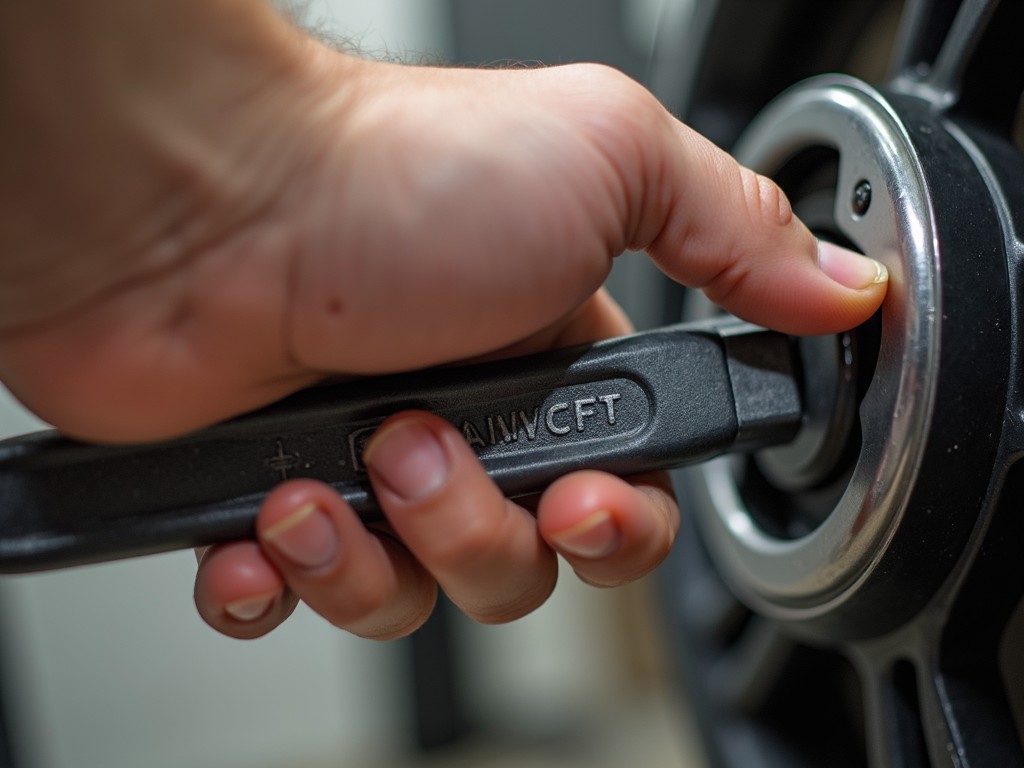
2. Pipe Wrenches
Pipe wrenches are designed for plumbing jobs. They have a firm grip on rounded fittings and are typically used by plumbers. They perform best on metal pipes and are essential for plumbing repairs.
- Pros: Exceptional grip, durable
- Cons: Often too large for small spaces
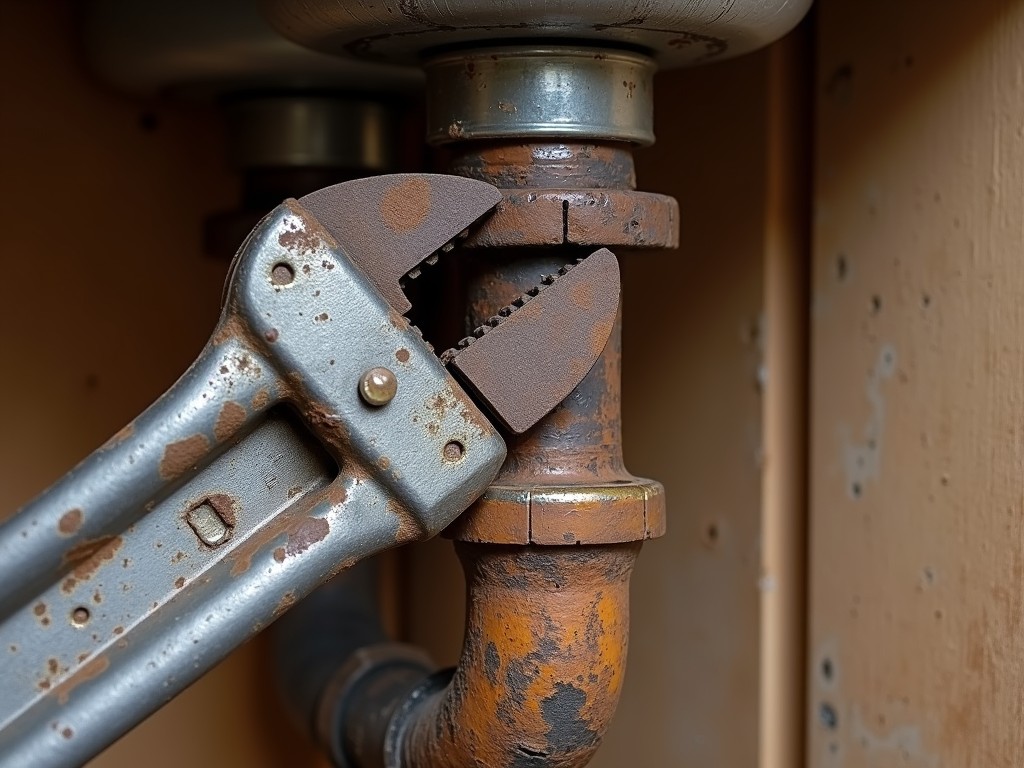
3. Combination Wrenches
Combination wrenches are double-ended tools with an open-end wrench on one side and a box-end wrench on the other. They are excellent for automotive work due to their dual functionality.
- Pros: Two tools in one, strong
- Cons: Limited to specific sizes
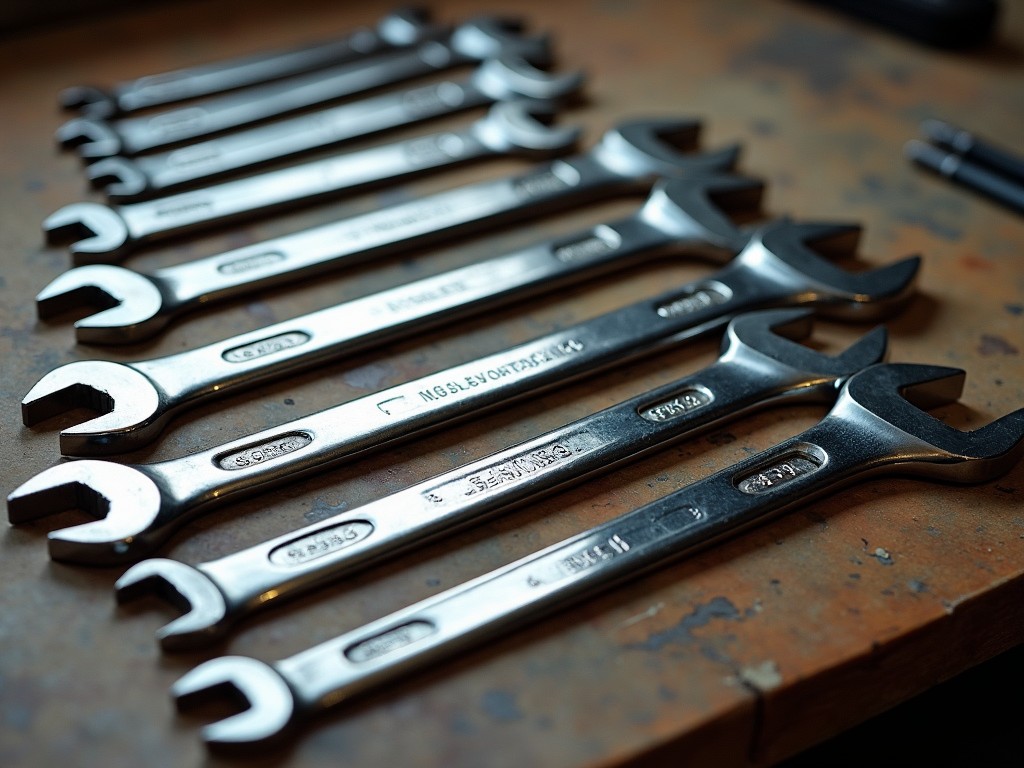
Specialized Wrenches for Specific Jobs
4. Torque Wrenches
A torque wrench is indispensable for tasks requiring a bolt to be tightened to a specific tension. Mechanics often use them to ensure proper torque settings on automotive parts.
- Pros: Precise, protects fasteners
- Cons: Expensive, requires calibration

5. Allen Wrenches (Hex Keys)
These small, L-shaped tools fit into hexagonal socket screws and are a staple for assembling flat-pack furniture.
- Pros: Fits hex screws, compact
- Cons: Limited to hex screws only
6. Ratcheting Wrenches
These combine the utility of a combination wrench with the speed of a ratchet, invaluable for automotive repairs where multiple turns are required.
- Pros: Fast, efficient
- Cons: Complex mechanism, more expensive

Choosing the Right Wrench for Your Job
Selecting the right wrench means evaluating the specific task. For plumbing, opt for a pipe wrench, but for tightening fasteners with precision, a torque wrench is best.
- Plumbing: Pipe Wrench
- Automotive: Torque and Ratcheting Wrenches
- General Repair: Adjustable Wrench
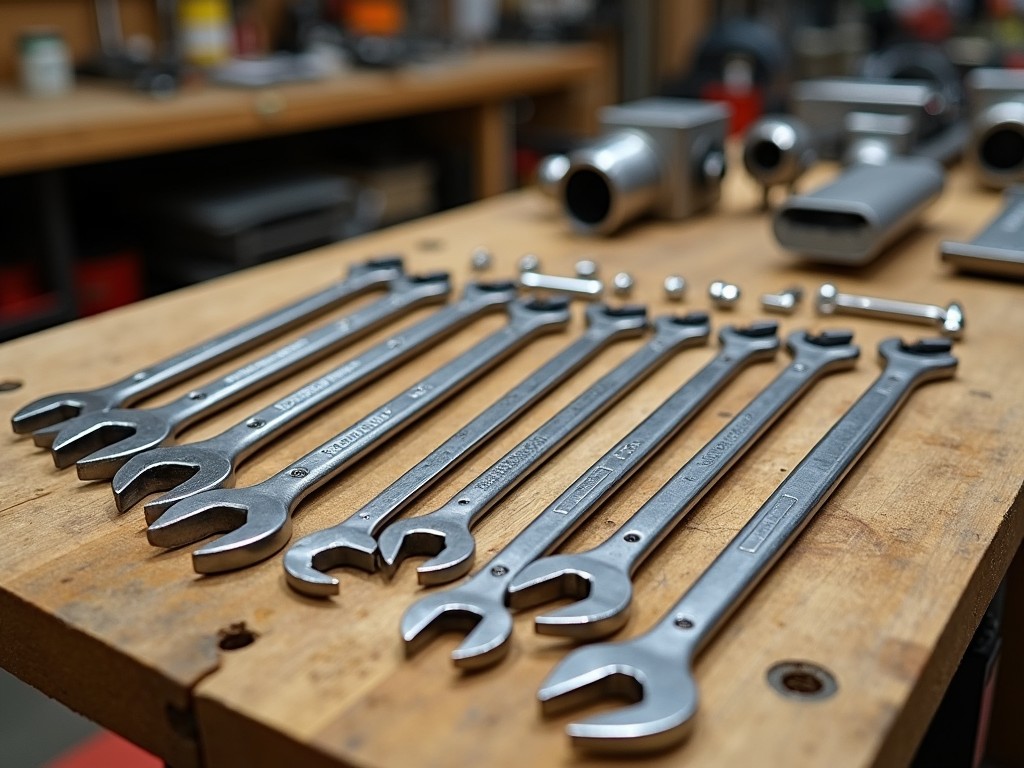
Wrapping Up: Master Your Toolbox
Finding the correct wrench helps ensure you do the job right the first time. Equipping yourself with a comprehensive set of wrenches will prepare you for any material nipping or fastening challenge you face.
By understanding the different types of wrenches for different jobs and their optimal applications, you can approach each project with confidence and precision.
Related types of wrenches for different jobs:
- Must-Have Wrenches for Every Toolbox
- How to Use Wrenches Safely: A Comprehensive Guide
- The Ultimate Guide to Tool Belts with Built-In Storage
- Innovative Construction Tools: Boost Efficiency on Site
- Tool Maintenance Tips for Optimal Performance
- Hand Tools Maintenance Tips: Complete Guide
- Innovative Electrical Tools for 2023: A Comprehensive Guide
- Comprehensive Guide to Construction Tools for Masonry Work
- Beginner's Guide to Workman Tools and Toolboxes
- The Ultimate Guide to Ergonomic Power Drills for Reduced Fatigue
- Hand Tools Safety: Guidelines for Every Enthusiast
- Innovative Workman Tools for Efficiency
